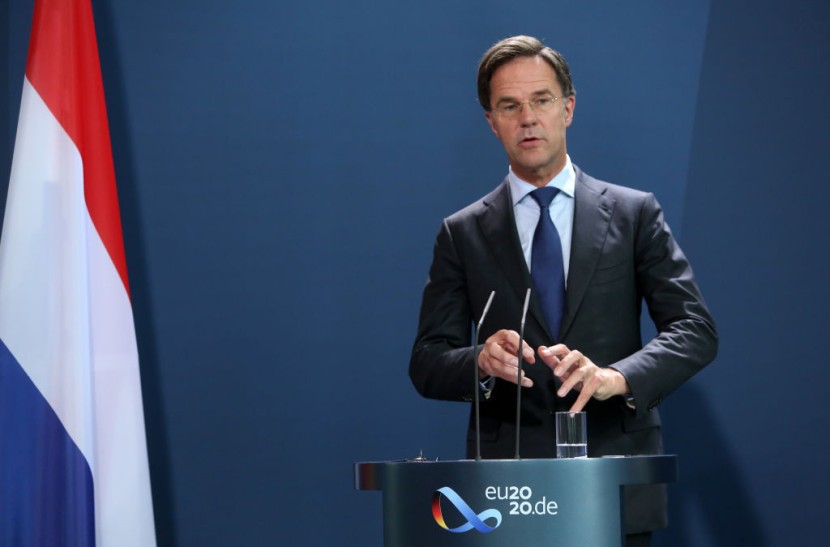
On Friday, Netherlands Prime Minister Mark Rutte said that the Dutch government collapsed after lawmakers disagreed on immigration policy.
The collapse of the government will trigger new elections in the fall, and the crisis resulted from a push by Rutte's conservative VVD party to limit the flow of asylum seekers to the Netherlands. Two of the prime minister's four-party governments refused to support this proposal.
Dutch Government Collapses Over Immigration Policy
In a televised news conference statement, Rutte said it was no secret that the coalition partners have differing opinions regarding immigration policy. He noted that they, unfortunately, had to conclude that these differences had become insurmountable. Rutte then said he would tender the resignation of the entire cabinet to the king.
This week, tensions rose further after the prime minister demanded support for a proposal to limit the entrance of children of war refugees already in the Netherlands. He also wanted to make families wait at least two years before they could unite, as per CNN.
The latest proposal also went too far for the small Christian Union and liberal D66, resulting in a stalemate. Additionally, Rutte's coalition must remain a caretaker government until a new administration is formed following new elections. This is a process that, in the fractured Dutch political landscape, usually takes several months.
A caretaker government is not authorized to decide on new policies, but Prime Minister Rutte said it would not affect the nation's support for Ukraine. Furthermore, the Netherlands already has one of Europe's toughest immigration policies.
But pressure from right-wing parties forced Rutte for months to find ways to reduce the number of incoming asylum seekers further. Last year, the country's asylum applications rose by a third to more than 46,000, and the government estimated this could rise to more than 70,000 this year.
Limiting the Influx of Migrants
Despite the party being set up a year and a half ago, the parties that make the coalition up have opposed migration policy for quite some time. This week, Rutte tried to force a plan that would have limited the number of relatives of war refugees that can come into the Netherlands to only 200 per month, according to BBC.
Furthermore, a compromise proposal, known as the "emergency brake," was insufficient to keep the government from collapsing. The proposal would only trigger restrictions for an excessively high number of incoming migrants.
Adding to the challenges is the Farmer-Citizen Movement (BBB), which became the largest party in the upper house of Parliament following a surprising election victory in March. The group said that they would not serve under any future government that the 56-year-old prime minister leads.
One of those who opposed stricter policies, the Christian Union, argued that one of the important values of the proposals is that children should grow up with their parents. It added that as a family party, it was the kind of thing they stood for, said the New York Times.
Related Article: Sweden's NATO Membership Back on Track Amid Last-Ditch Negotiations
© 2025 HNGN, All rights reserved. Do not reproduce without permission.








